Rock and Mineral identification
1/61
There's no tags or description
Looks like no tags are added yet.
Name | Mastery | Learn | Test | Matching | Spaced |
|---|
No study sessions yet.
62 Terms
Quartz - crystal
Mineral
Color: several possible, often white, clear, or pink
Streak: colorless or light colored
Layers:
Texture: smooth
Shiny: glassy luster in crystal form
Hardness: Moh's scale 7
Other: hexagonal shape fracture (crystals)
specific gravity: 2.65
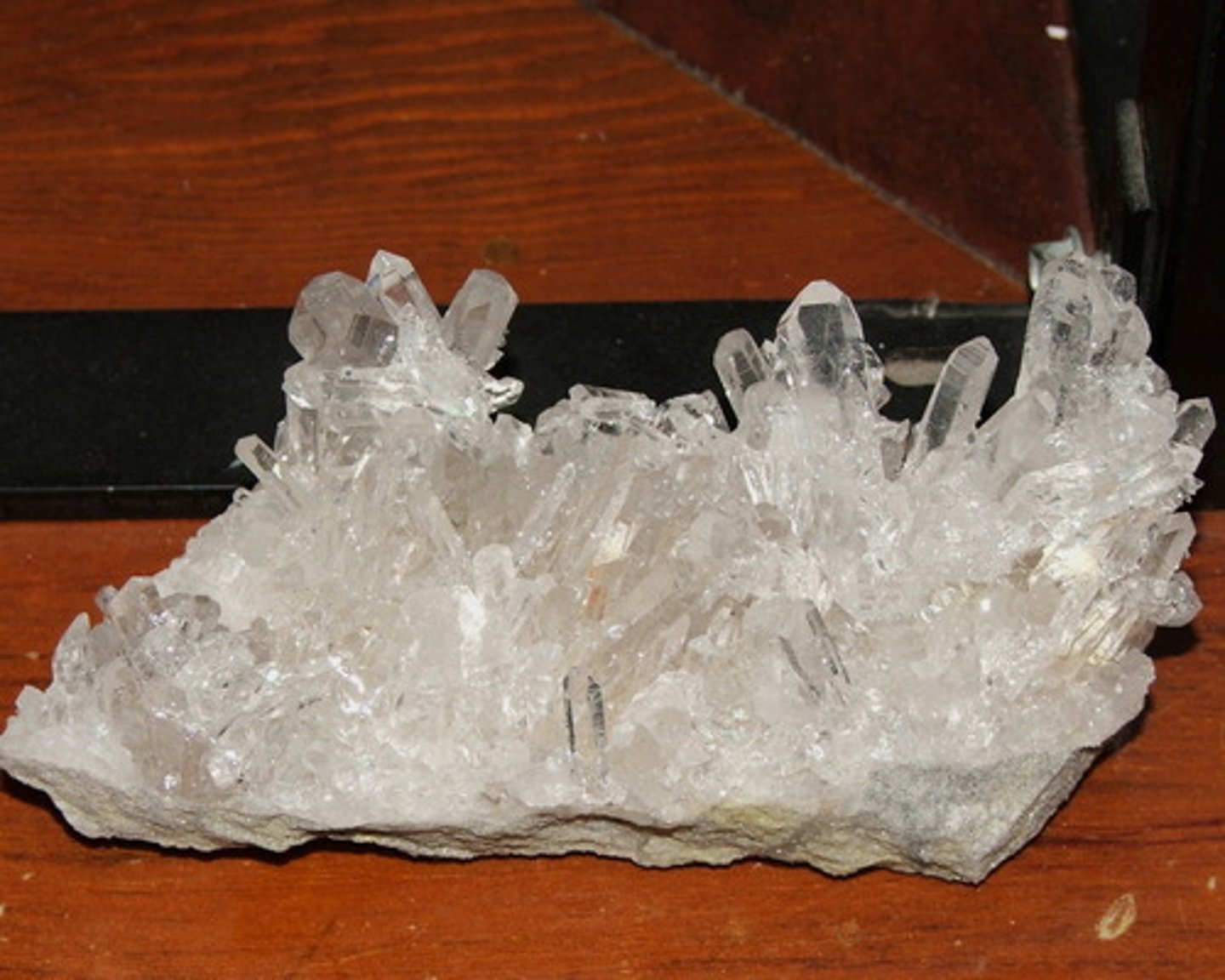
Calcite - Iceland spar
Mineral
Color: white/clear
Streak:
Layers:
Texture:
Shiny:
Hardness:
Other:
reacts to acid
rhomohedral crystals
shows a double image
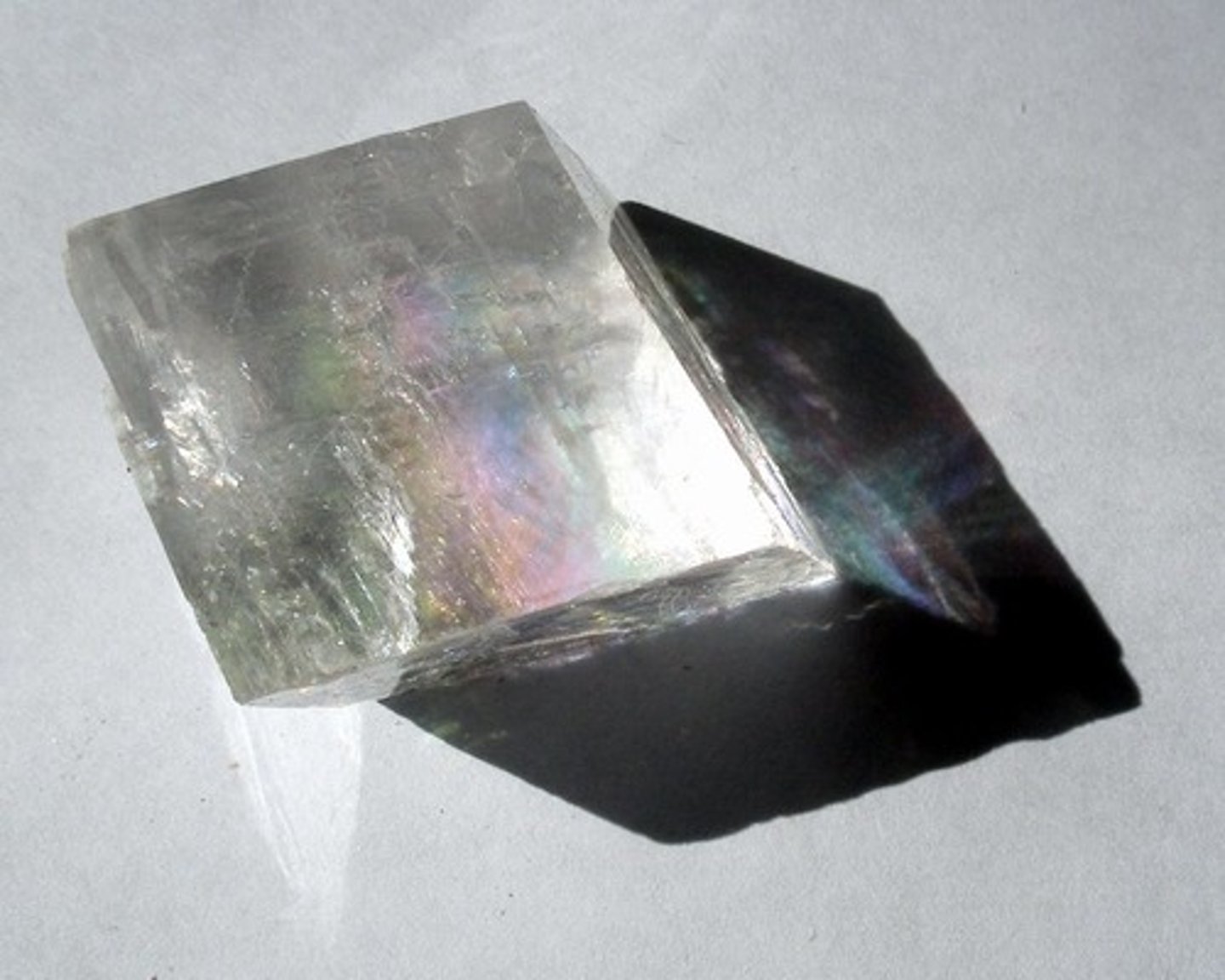
Copper
Mineral
Color: copper red-orange (blue/green patina, like rust)
Streak: copper red-orange
Layers:
Texture:
Shiny: metallic luster
Hardness:
Other: bendable and conducts heat and electricity
used to make wires
when exposed to acid, it forms a blue-green patina.
special forms: Float and denrytic
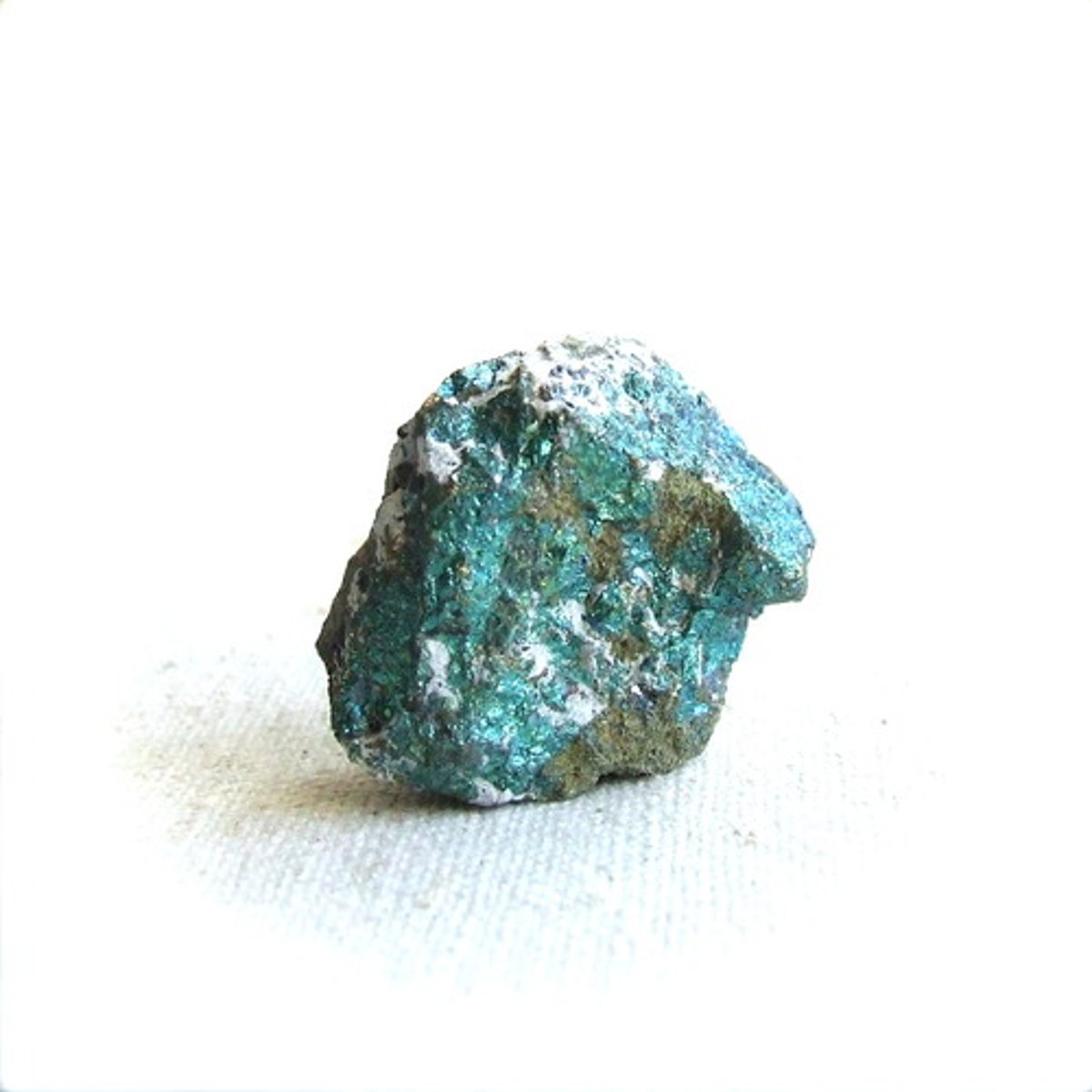
Galena
Mineral
Color: gray
Streak: gray
Layers: breaks into cubes
Texture:
Shiny: metallic luster
Hardness: Moh's scale 2.5
Other: high specific gravity (feels heavy for size)
perfect cubic cleavage, most common lead ore
Used in making crystal radios
Exposure to acid causes a smell like rotten eggs!
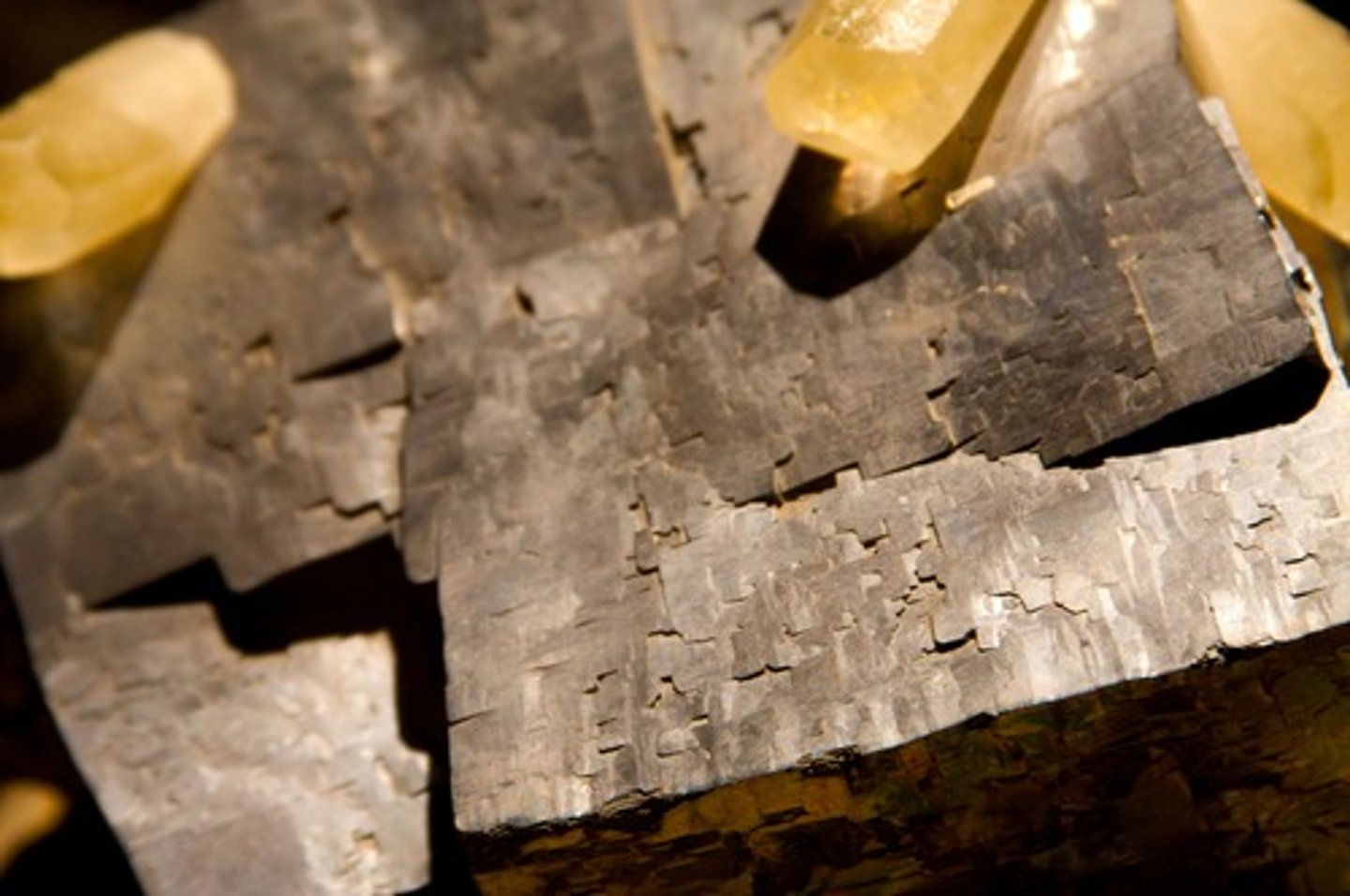
Pyrite
Mineral
Color: brassy yellow
Streak: greenish-black
Layers:
Texture:
Shiny: shiny metallic
Hardness: Moh's scale 6
Other:
Looks like gold, also called "fools' gold"
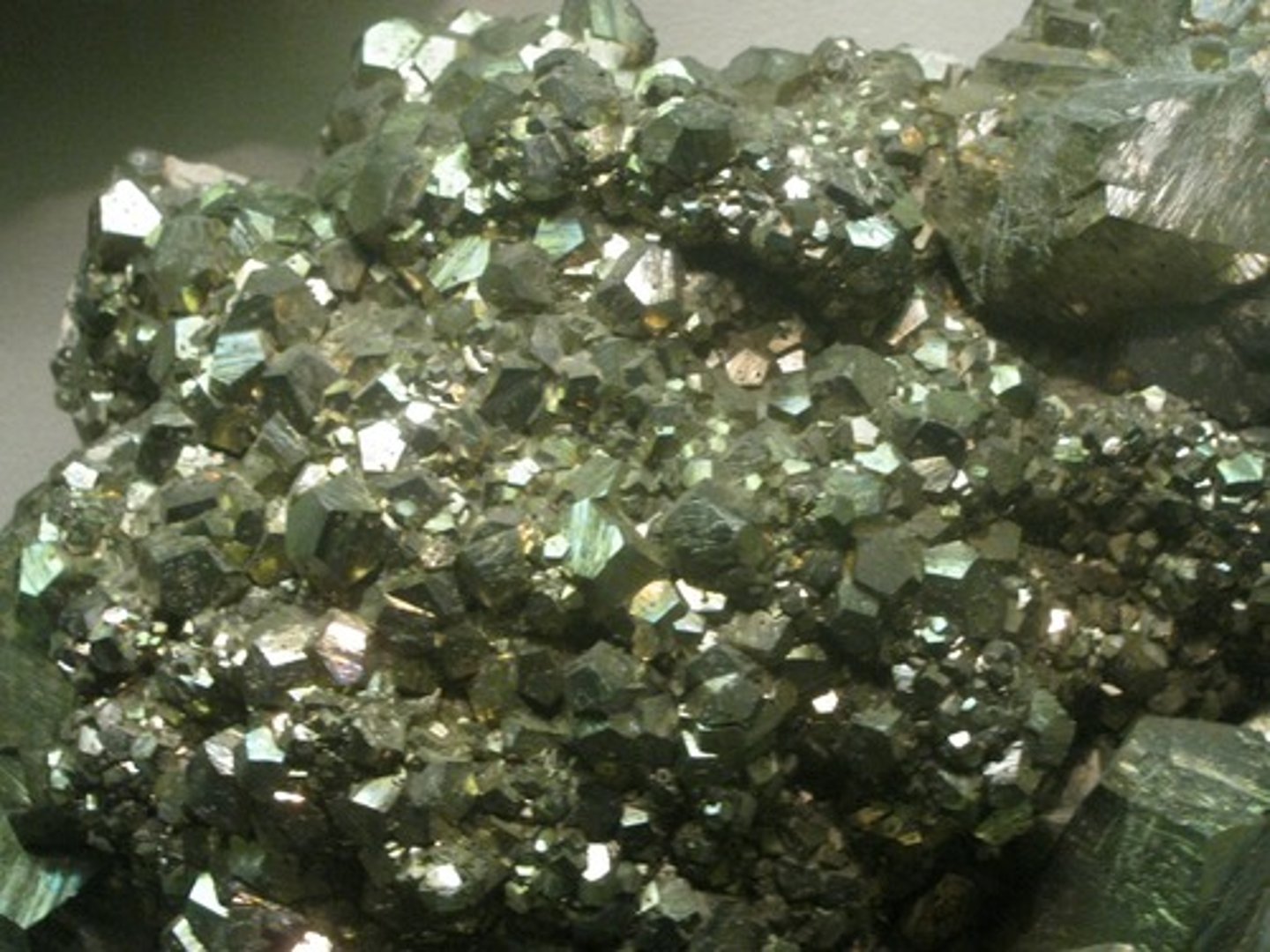
Feldspar
Mineral
Color: White/pink
Streak: colorless or white
Layers:
Texture:
Shiny: glassy to pearly
Hardness: Moh's scale 6
Other:
Specific gravity 2.55
looks like marble
most common mineral on earth
harder than feldspar
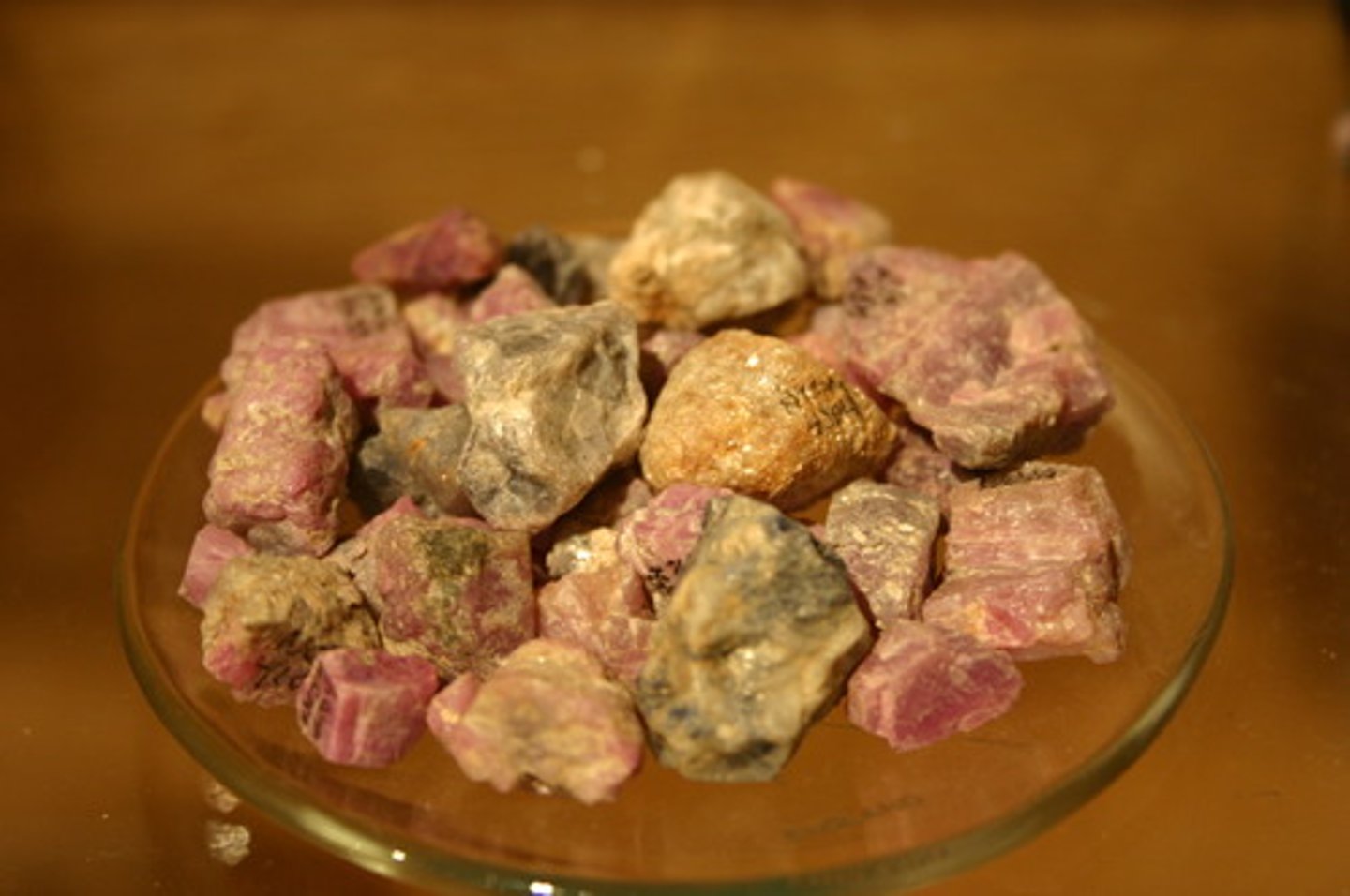
Mica-Biotite
(top black piece)
Mineral
Color: brown/black
Streak:
Layers: yes, flakes in thin sheets. It has perfect cleavage in one direction.
Texture: smooth
Shiny: glassy
Hardness: Moh's scale 2.5-3, can be scratched by a fingernail
Other:
nonmetalic
type of mica
Can be used in insulation
Color is caused by biologic materials exposed to oxygen as it cools.
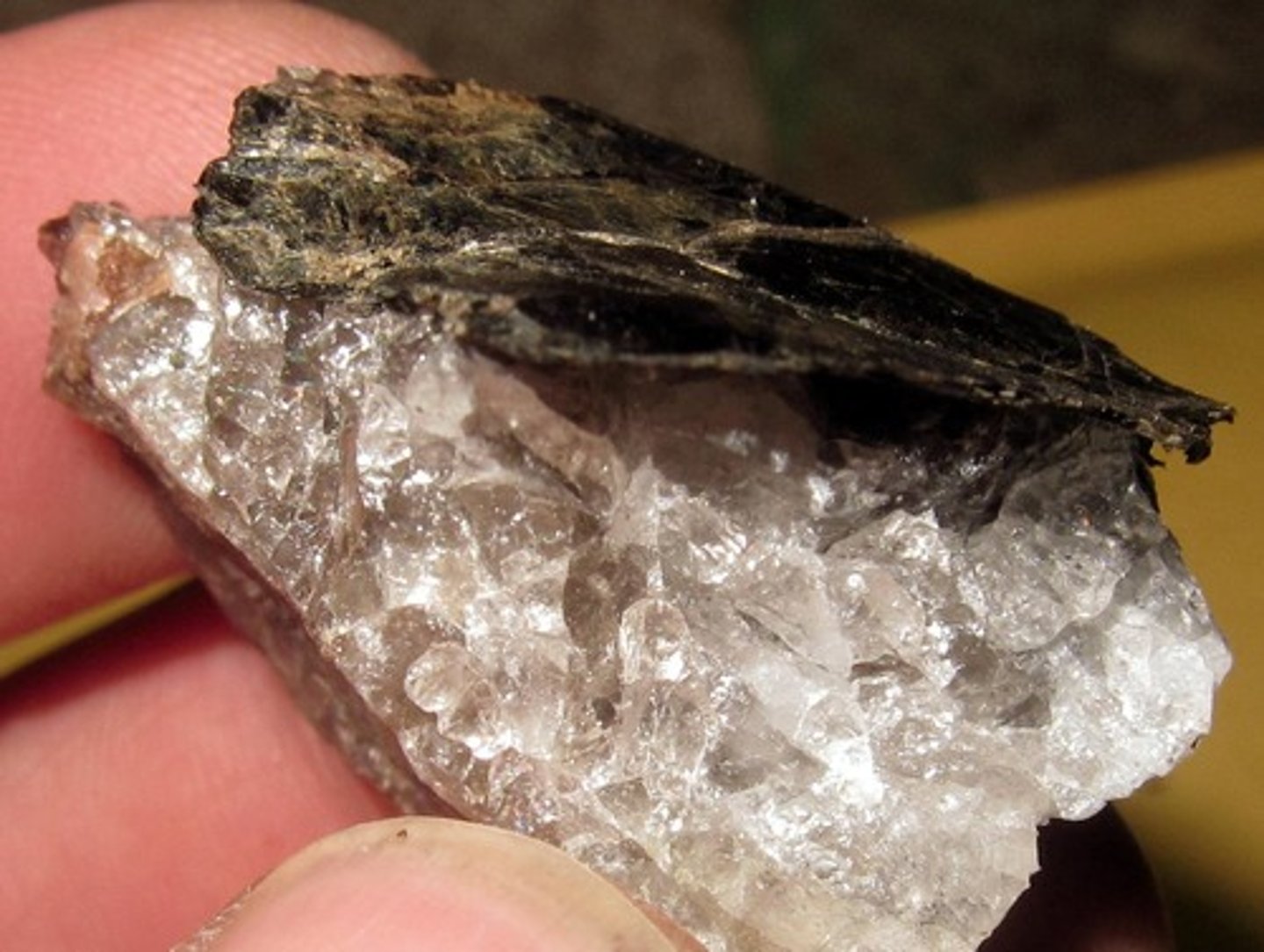
Halite
Mineral AND a rock
Color: white, red or blue
Streak: white
Layers:
Texture:
Shiny: glassy (vitreous)
Hardness: Moh's scale 2.5
Other:
salty, used for cooking and for road safety
Perfect cubic cleavage
forms when moisture evaporates
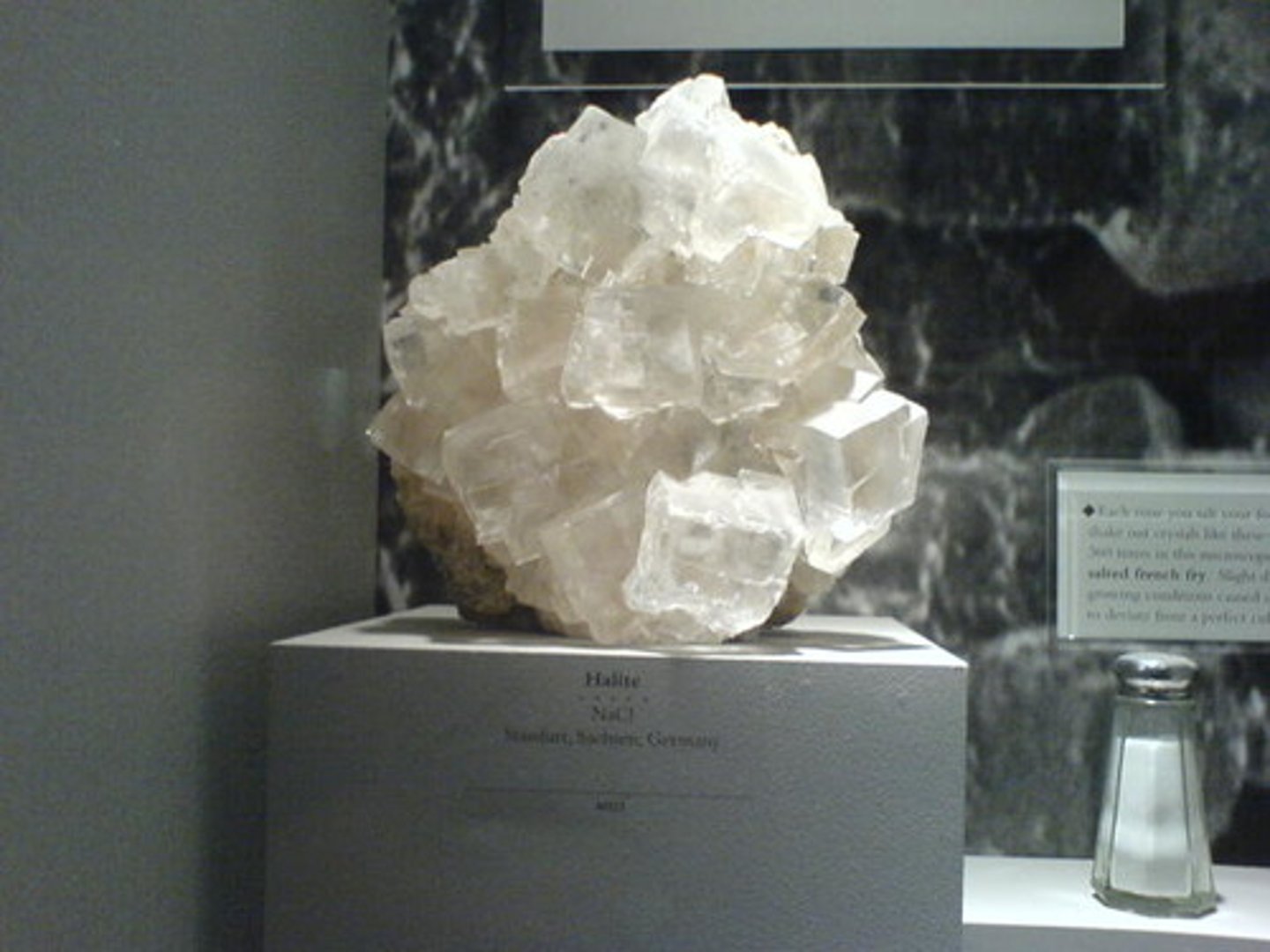
Granite
Intrusive Igneous Rock
Color: varies, but often speckled gray, black, white or pink
Streak:
Layers: no
Texture: big crystals
Shiny: may have shiny flecks but has dull areas too
Hardness:
Other: often used for construction of buildings and monuments, polished for tile and countertops
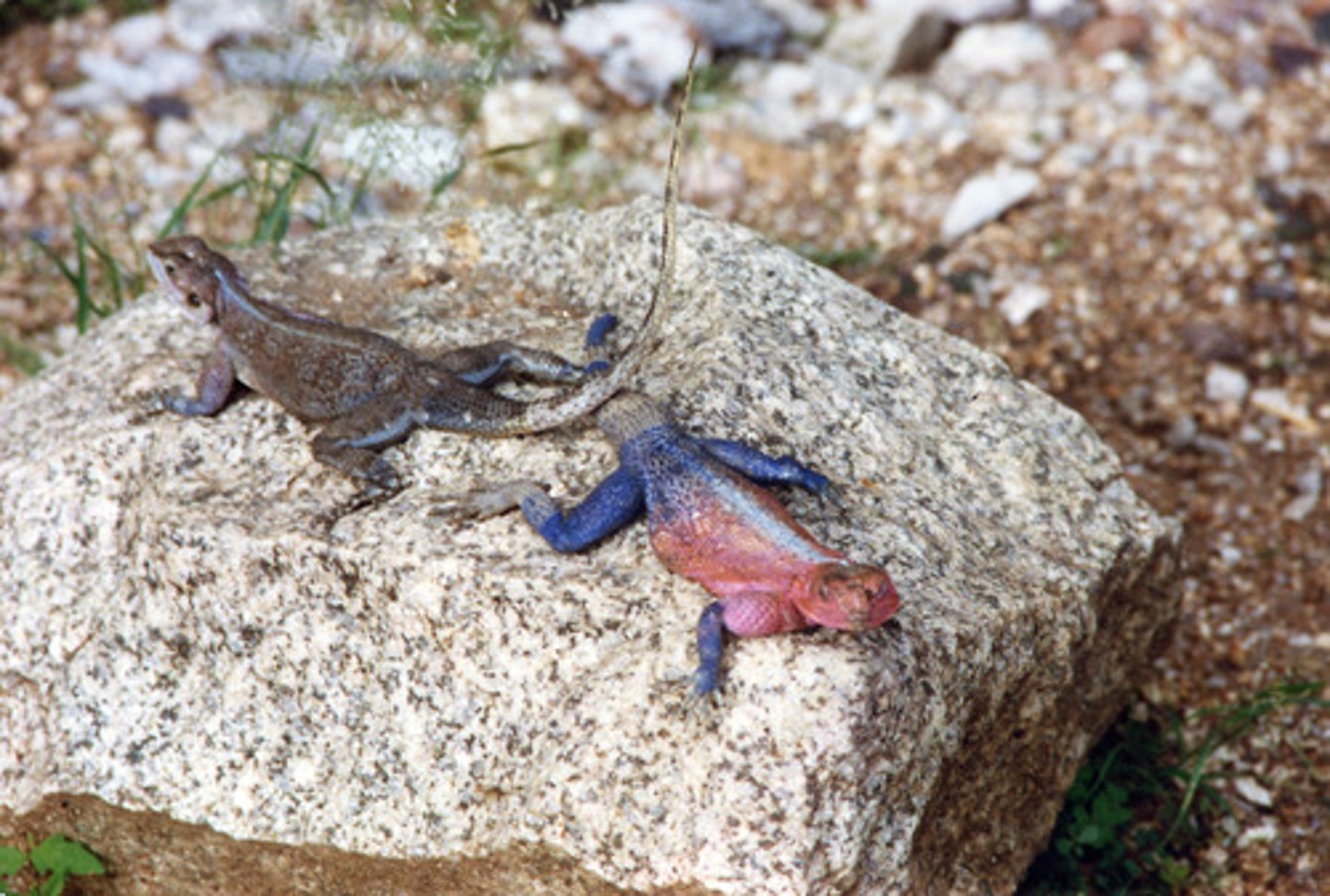
Basalt
(dark rocks)
Extrusive Igneous Rock
Color: black or dark
Streak:
Layers:
Texture: little crystals
Shiny:
Hardness:
Other:
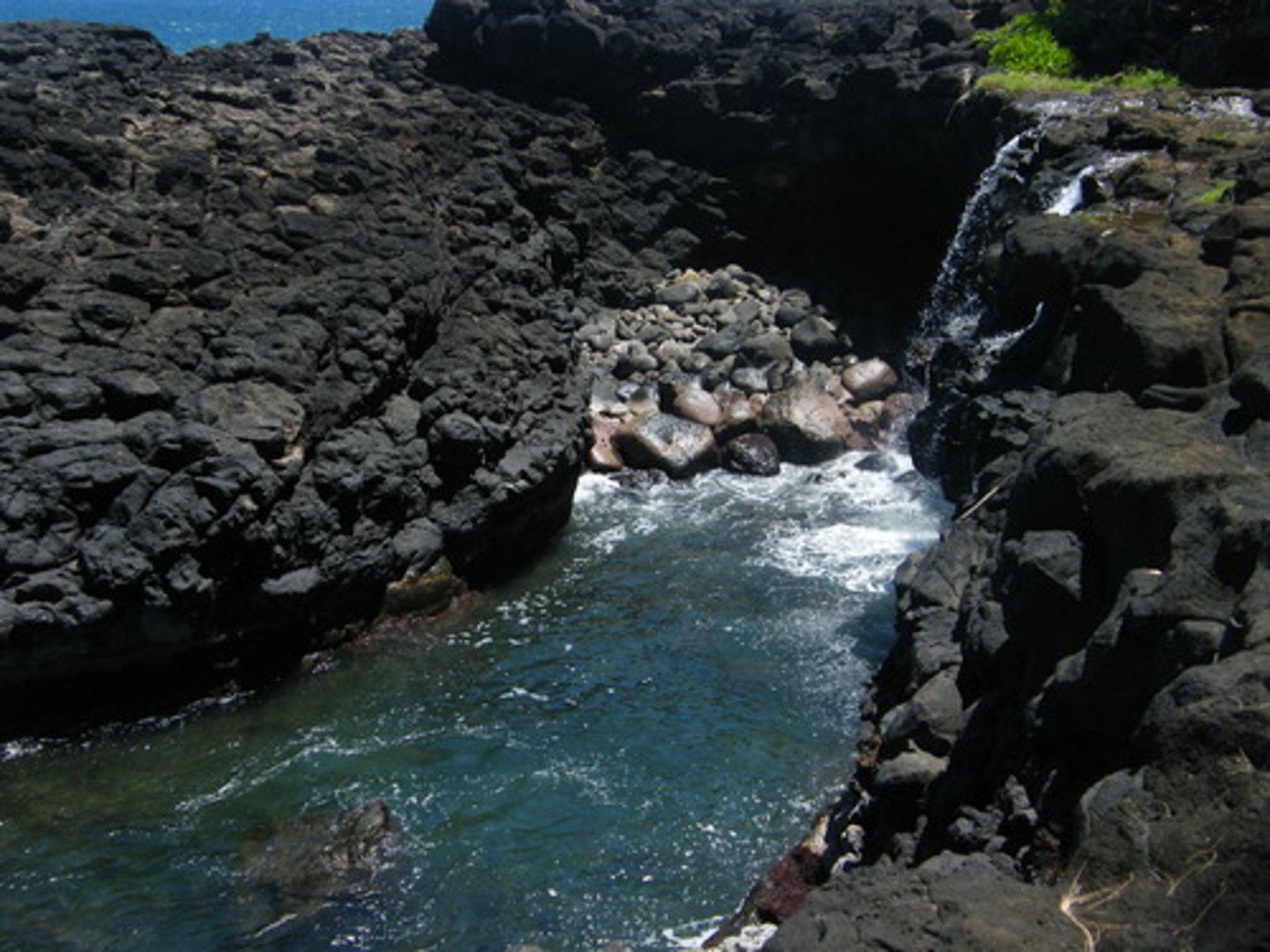
Scoria
Extrusive Igneous Rock
Color: medium to dark
Streak:
Layers:
Texture: full of different sizes of air bubbles
Shiny: dull
Hardness:
Other: DOES NOT float in water
AKA - "Lava rock" often used in landscaping
similar to pumice, but cooled more slowly
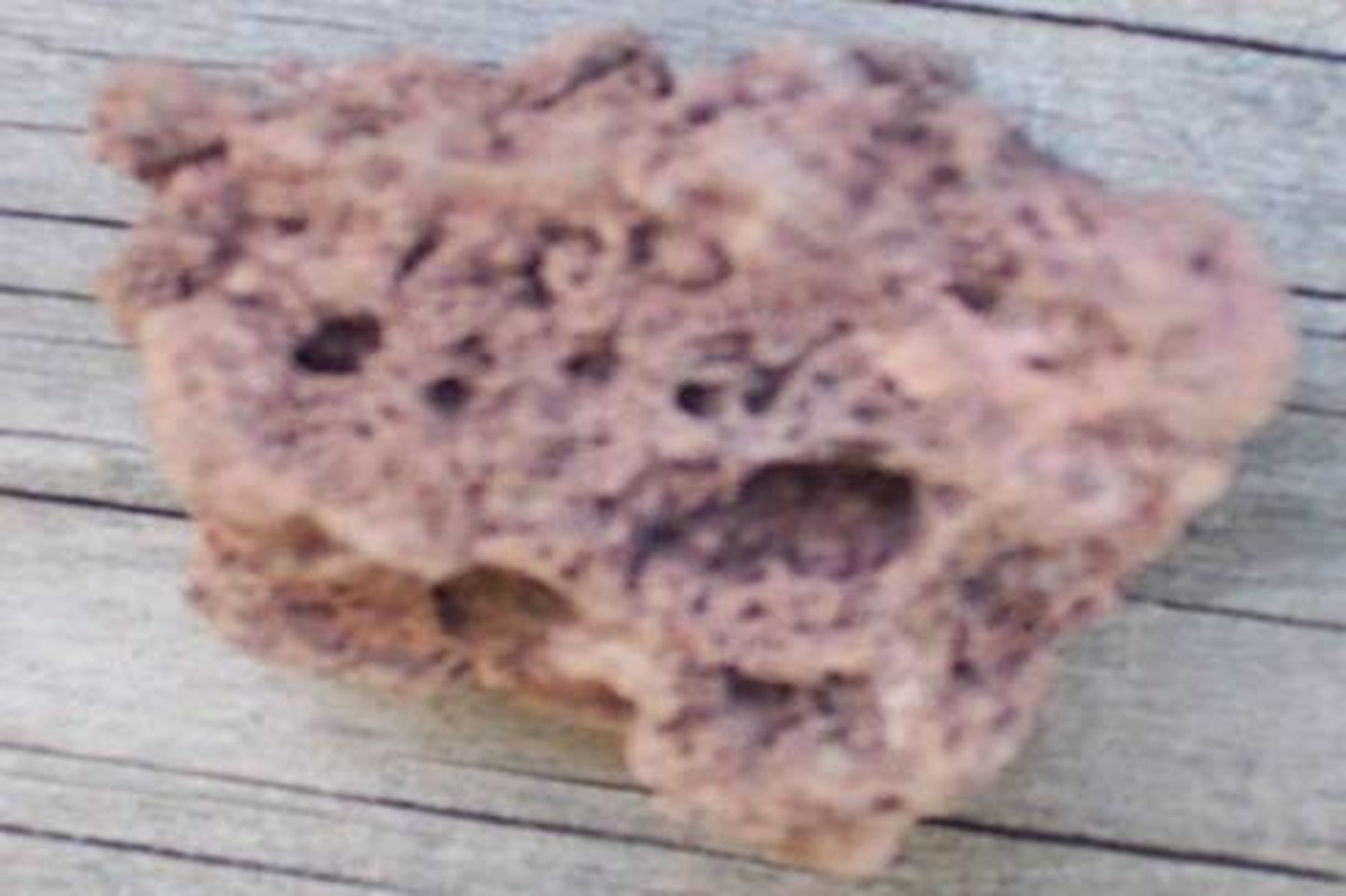
Obsidian
Extrusive Igneous Rock
Color: black
Streak: none
Layers:
Texture: very smooth
Shiny: glassy
Hardness:
Other: formed from lava, known as "nature's glass"

Sandstone
Sedimentary Rock
Color:
Streak:
Layers:
Texture: fine grained, sandpapery feel
Shiny: dull
Hardness:
Other: feels like sand paper
formed from sand
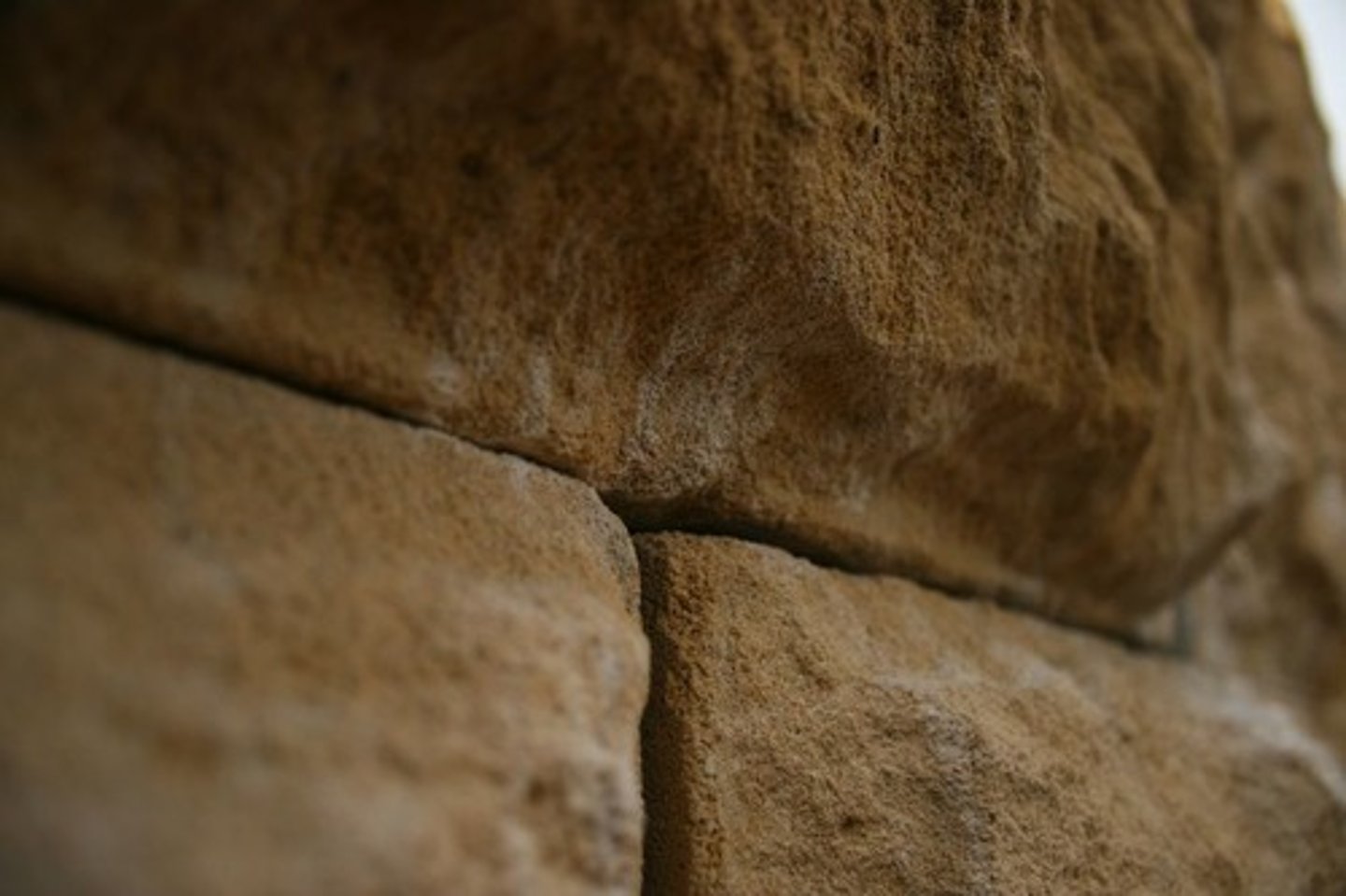
Shale
Sedimentary Rock
Color: black, brown, gray
Streak: black
Layers: yes
Texture: very fine particles, smooth, layered dirty feel
Shiny: light sheen
Hardness:
Other:
A common source of oil
formed from silt

Conglomerate or pudding stone
Sedimentary Rock
Color:
Streak:
Layers:
Texture: coarse grained rounded pebbles, bumpy Shiny: dull
Hardness:
Other: formed in a moving river as it deposits pebbles, sand, and mud together, then all were compressed.
Also known as pudding stone
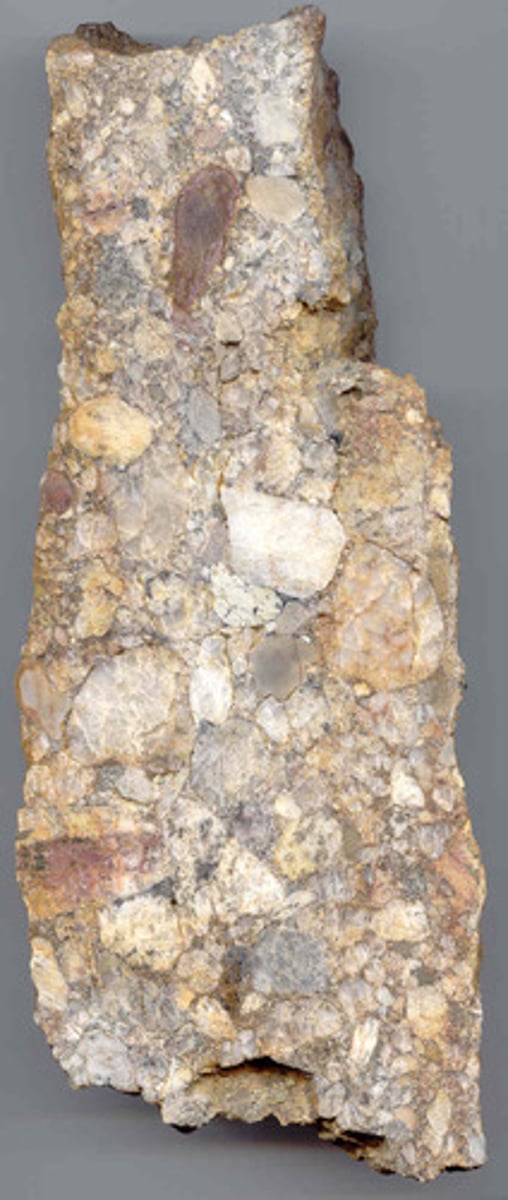
Limestone
Sedimentary Rock
Color: always going to be grey (light or dark)
Streak: Layers:
Texture: fine particles powdery, often has fossils Shiny: dull
Hardness:
Other:made in coral reefs
forms from shells and calcite
Fizzes as it releases carbon dioxide when acid applied.
Parent rock of marble

Fluorite
Mineral
Color: purple, green to yellow or colorless
Streak: Layers:
Texture: smooth
Shiny: glassy or pearly
Hardness: Moh's scale 4
Other: makes massive crystals at times
glows in ultraviolet light
Used in the manufacturing process of steel
You can tell purple fluorite from amethyst quartz by the shape of the crystals.
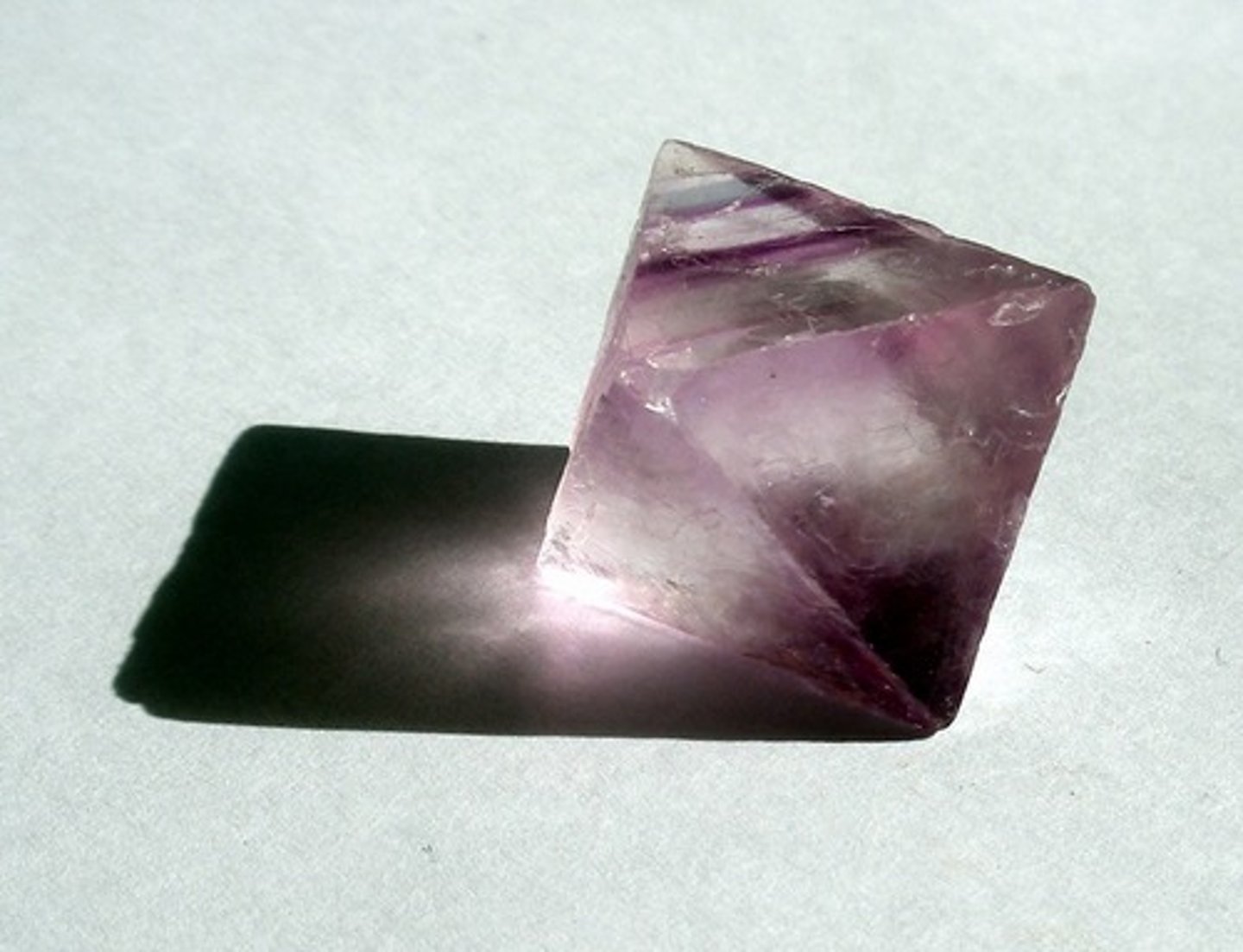
Graphite
Mineral
Color: steel gray
Streak: Black
Layers:
Texture: greasy
Shiny: dull metallic
Hardness: Moh's scale 1
Other:
made of pure carbon
Uses: "lead" in pencils, sporting equipment like golf clubs, tennis racquets, and fishing poles
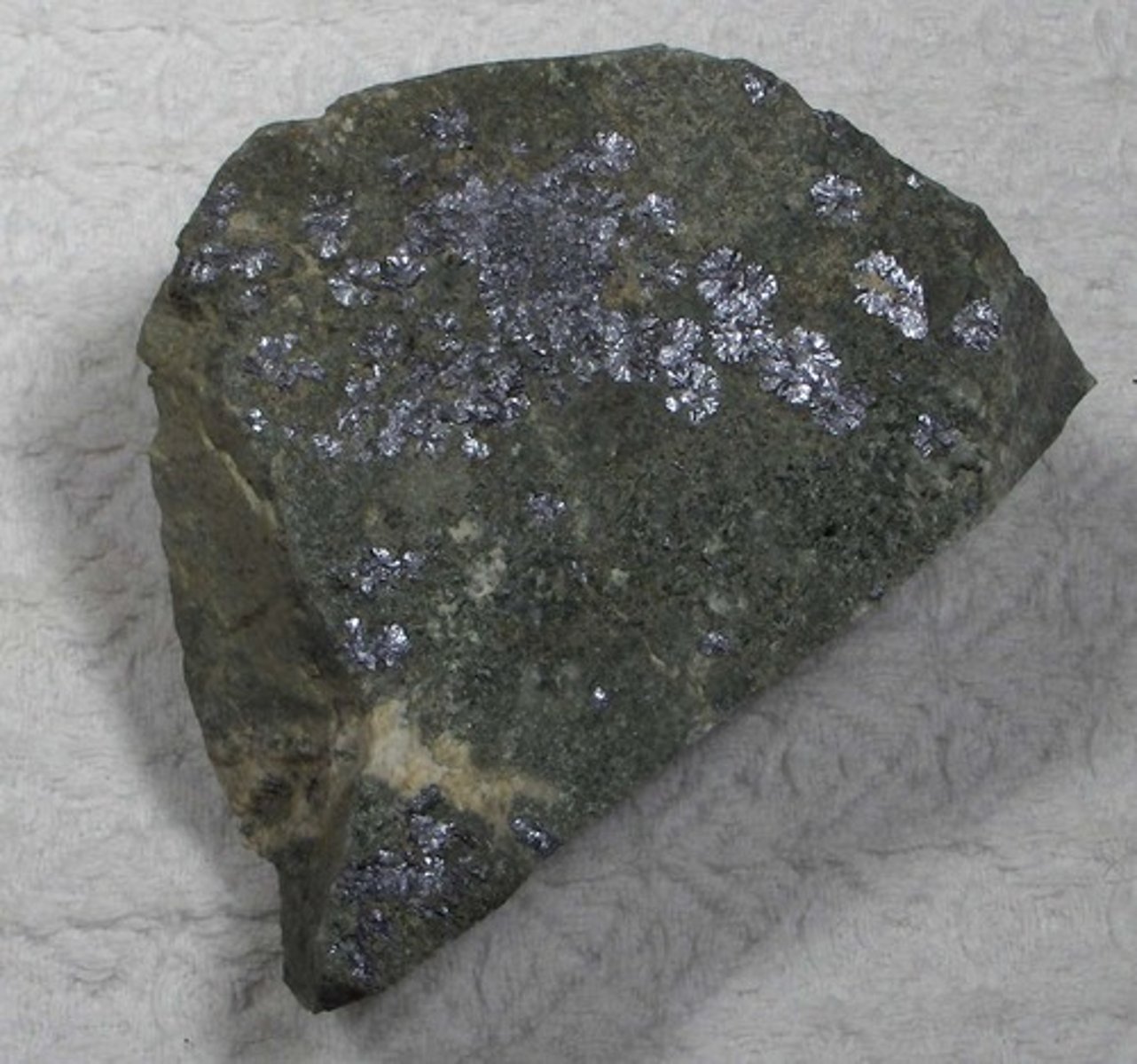
Gypsum - satin-spar
Mineral
Color: white, gray, pearly
Streak:
Layers:
Texture: fibers
Shiny: satiny metallic luster
Hardness: Moh's scale 2
Other: used to make insulation, plaster of paris and drywall

Hematite
Mineral
Color: steel gray, reddish brown
Streak: red brown
Layers:
Texture:
Shiny: metallic
Hardness: varies on Moh's scale 1-6.5
Other: important ore of iron, used to make steel
in its reddish form, the redness is caused by the rusting (oxidizing) of the iron inside
Kaolinite
(light area)
Mineral
Color: white, sometimes colored by impurities
Streak: Layers:
Texture: rough, clay like
Shiny: no
Hardness: Moh's scale 2
Other:
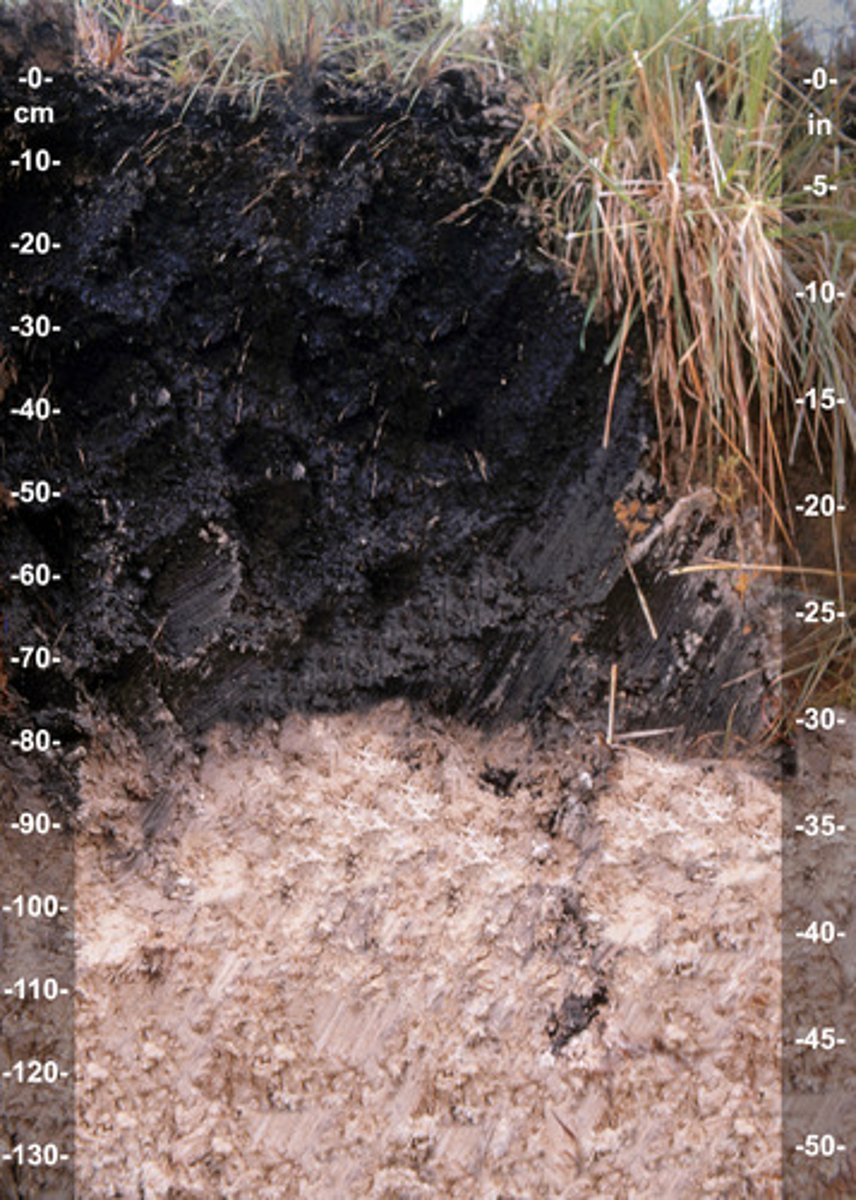
Quartz - chert
Mineral
Color: various, white to gray is common
Streak: colorless or light colored
Layers:
Texture: smooth, chalky, waxy
Shiny:
Hardness: Moh's scale 7
specific gravity: 2.65
Other: part of the quartz family
has been used in the past to make arrowheads
Talc (soapstone)
Mineral
Color: white, green, or pink
Streak:
Layers:
Texture: slick/soapy
Shiny: pearly/waxy
Hardness: Moh's scale 1
Specific gravity is 2.58
Other: Also known as soapstone
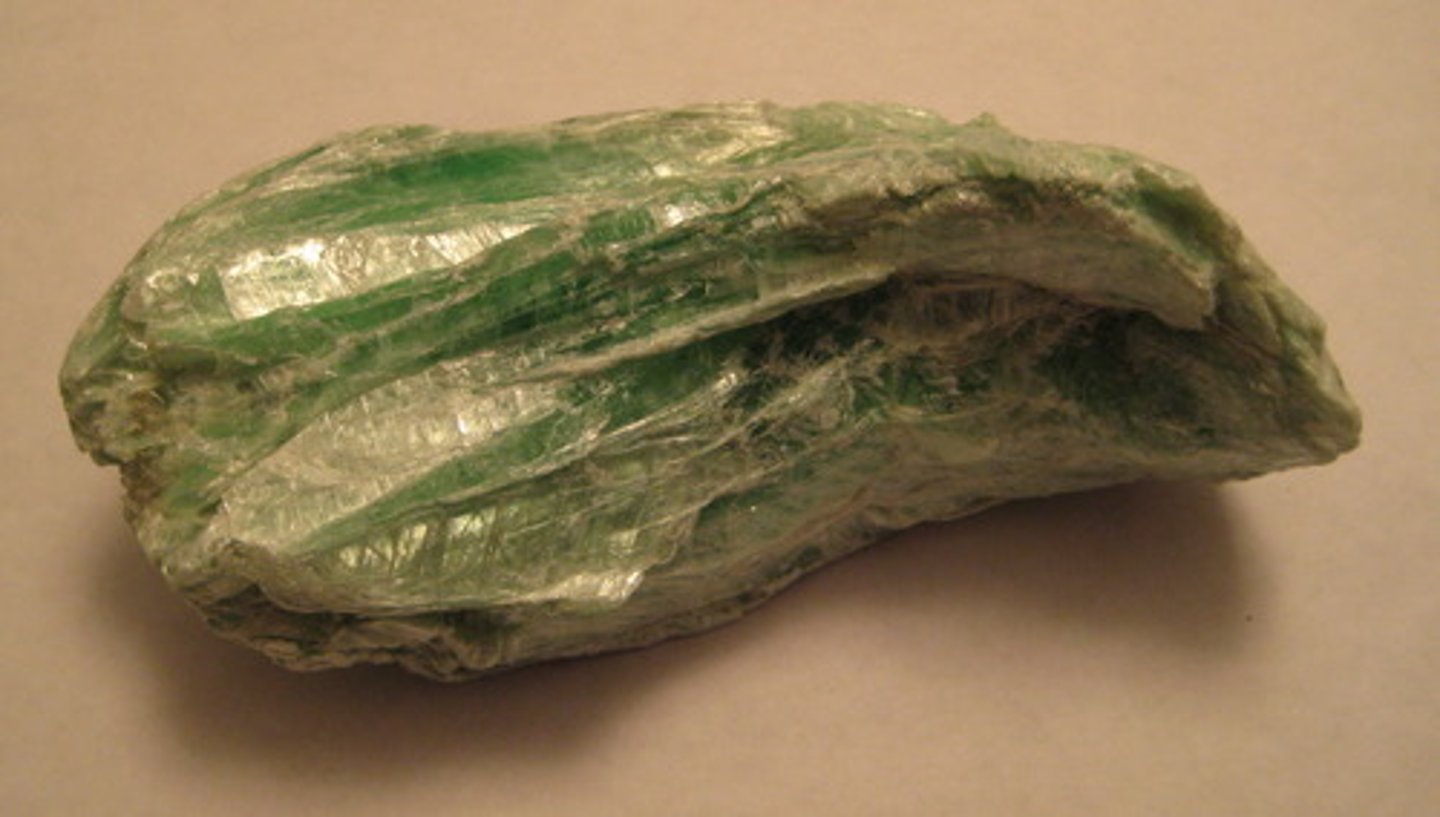
Bituminous Coal
Sedimentary Rock
Color: black or dark brown
Streak:
Layers: yes
Texture: sooty
Shiny: bright and dull bands
Hardness: softer than anthracite coal
Other: Contains very tiny fossils
lower carbon content than anthracite coal
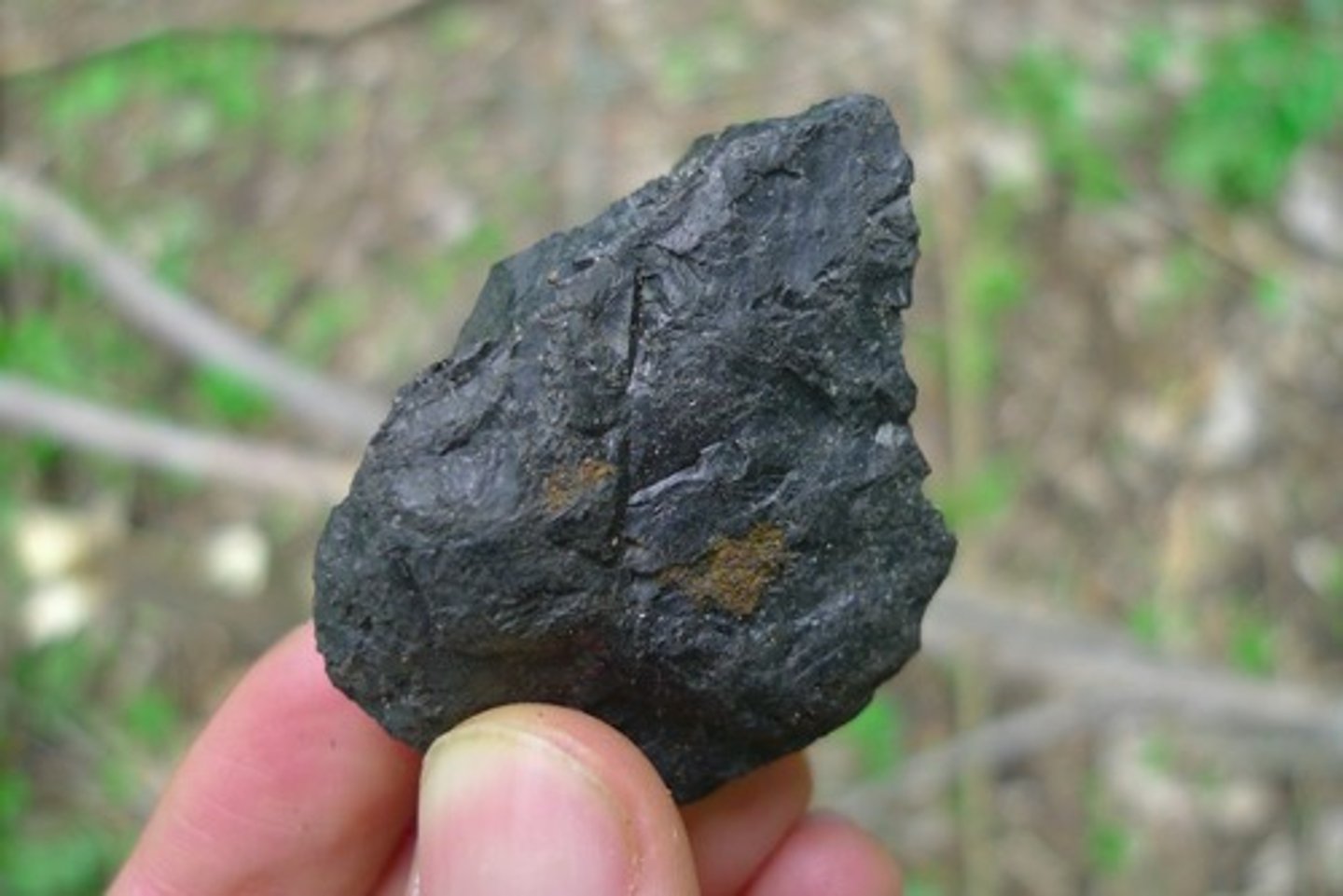
Gneiss
Metamorphic Rock
Color:
Streak:
Layers:no
Texture: coarse grains of minerals
Shiny:
Hardness:
Other: sometimes has bands (stripes) of different colored minerals caused by the reorganization of minerals during metamorphosis
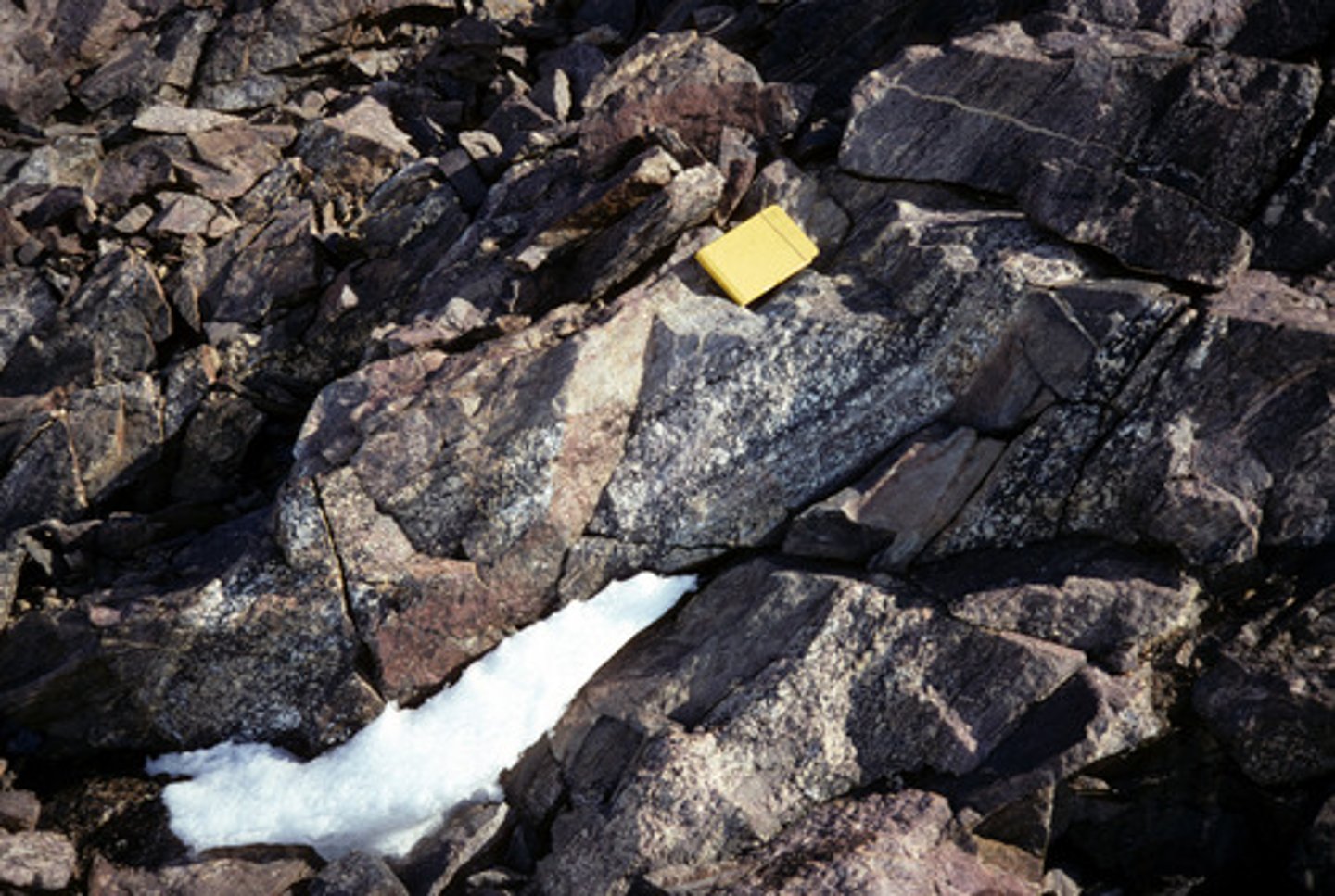
Marble
Metamorphic Rock
Color: Comes in many colors Streak:
Layers:
Texture: Shiny:
Hardness: Moh's scale 3
Other:
Forms from limestone
Contains minerals calcite and pyrite
often carved by artists, relatively soft
fizzes with dilute acid

Pumice
Extrusive Igneous Rock
Color: light gray
Streak: Layers:
Texture: full of small similar-sized air bubbles "frothy"
Shiny: light sheen, not glossy
Hardness:
Other: used in soaps and polishes because of it's abrasive qualities
floats in water,very light
formed from lava that cools quickly, trapping air bubbles inside
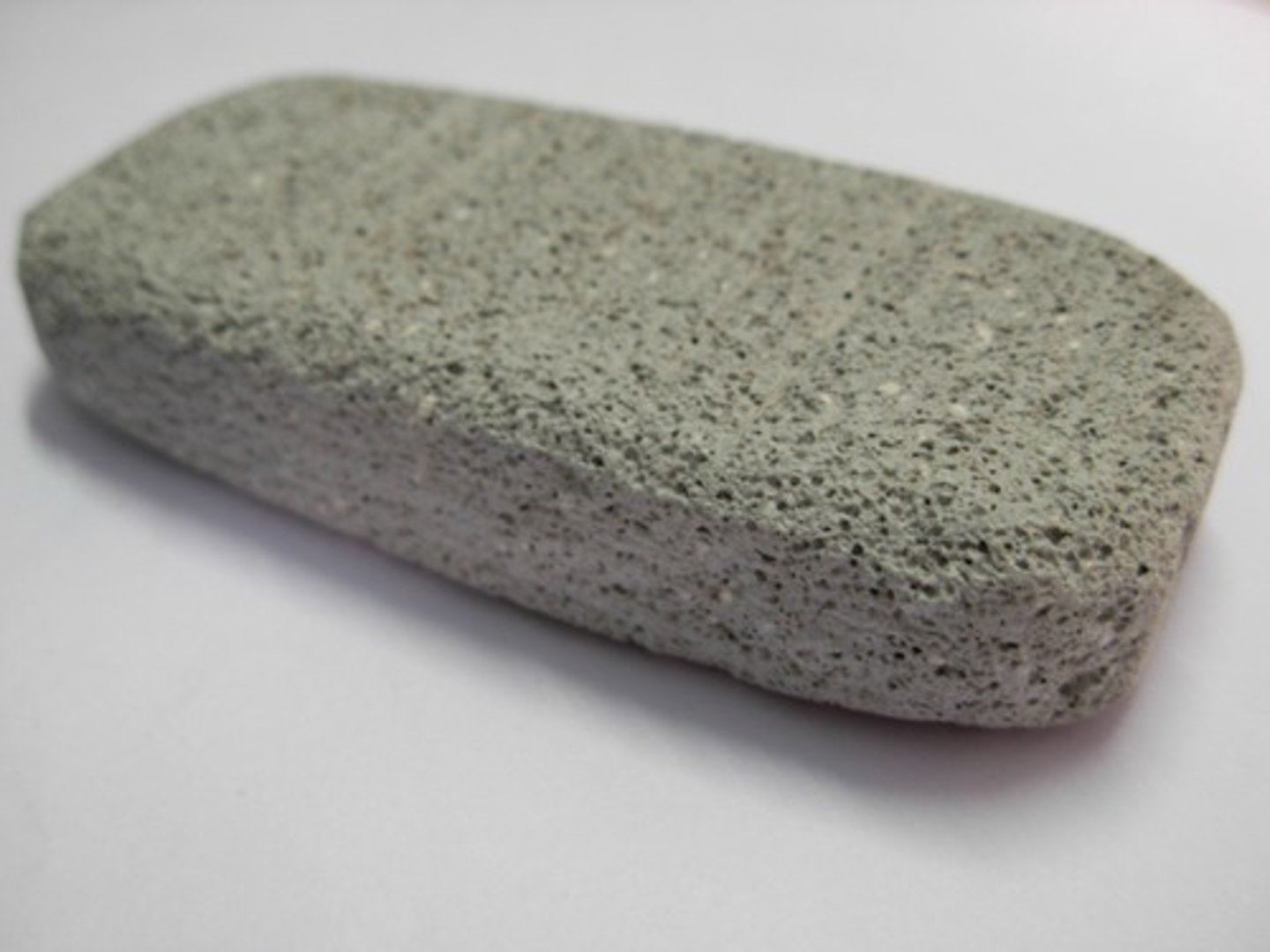
Quartzite
Metamorphic Rock (formed from sandstone)
Color:
Streak:
Layers:
Texture: fine-grained
Shiny: Hardness:
Other:
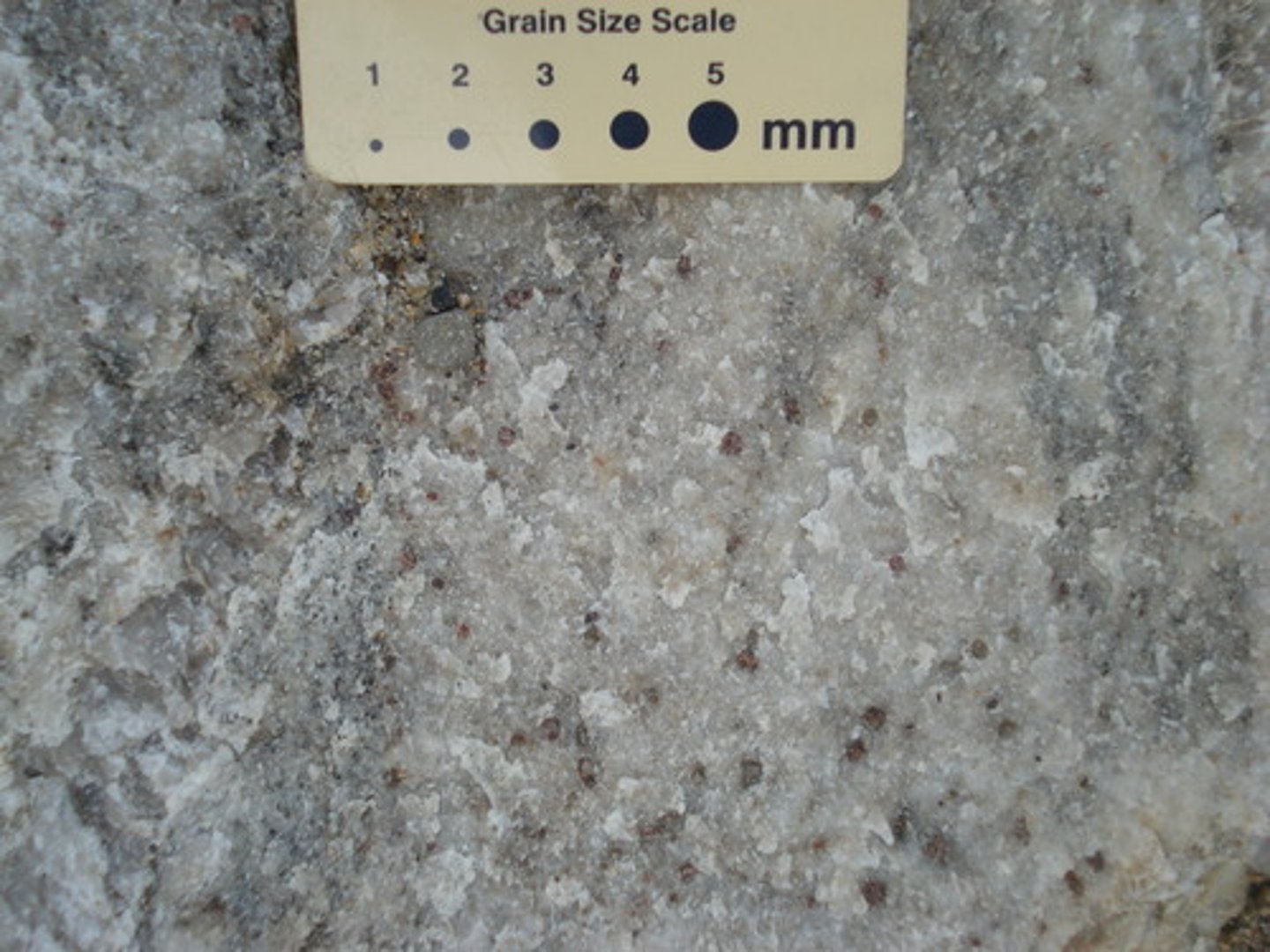
Schist - garnet
Intrusive metamorphic rock (formed from magma, NOT lava, cools slowly)
Color: dark red to brown
Streak: colorless or light colored
Layers:
Texture:
Shiny: glassy or dull
Hardness: Moh's scale 6.5
Other: Can form garnet crystals
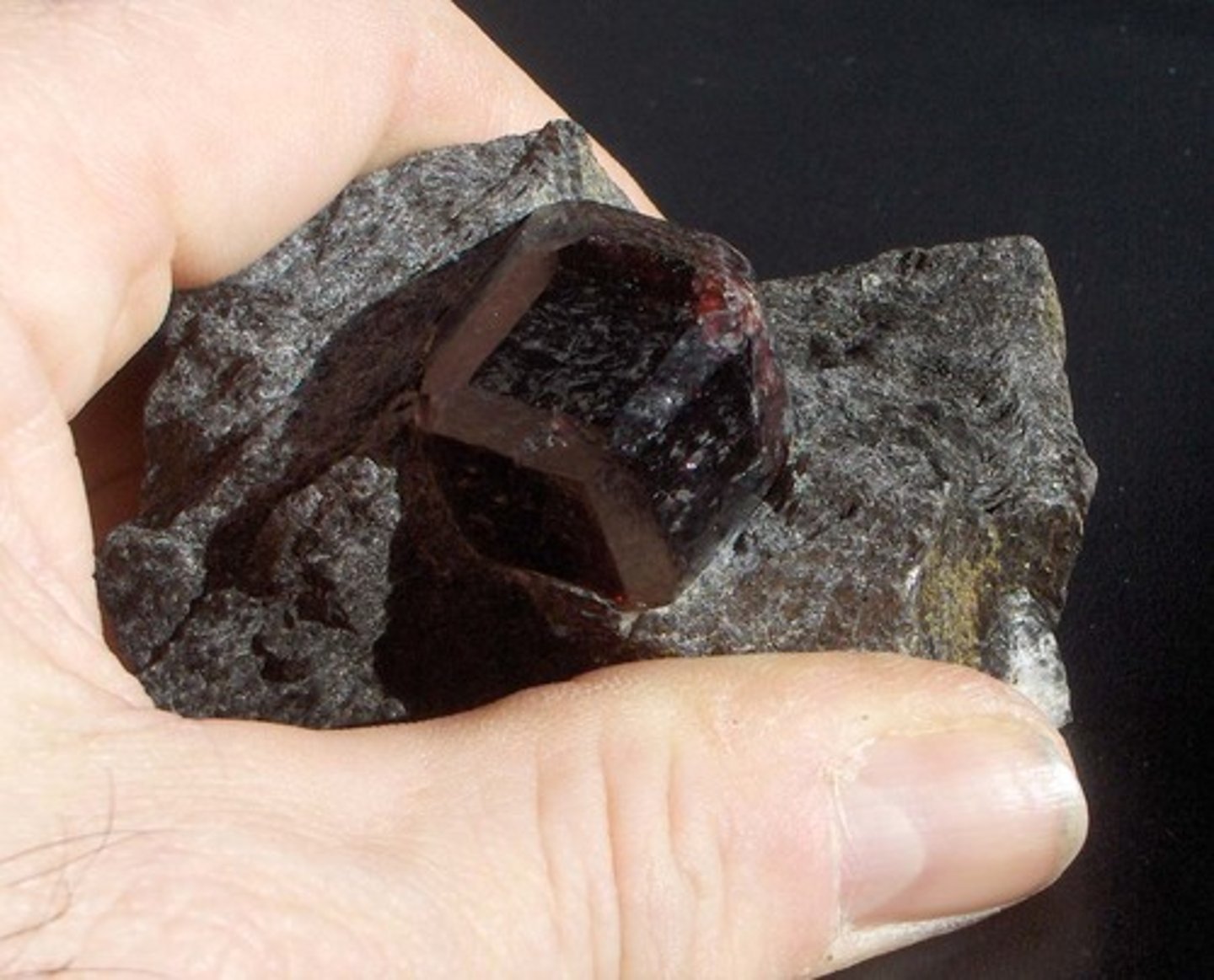
Slate
Metamorphic Rock
Color: varies
Streak:
Layers: breaks in layers
Texture: fine grained, minerals not visible
Shiny:
Hardness:
Other:
low-grade metamorphic rock, made up of mica
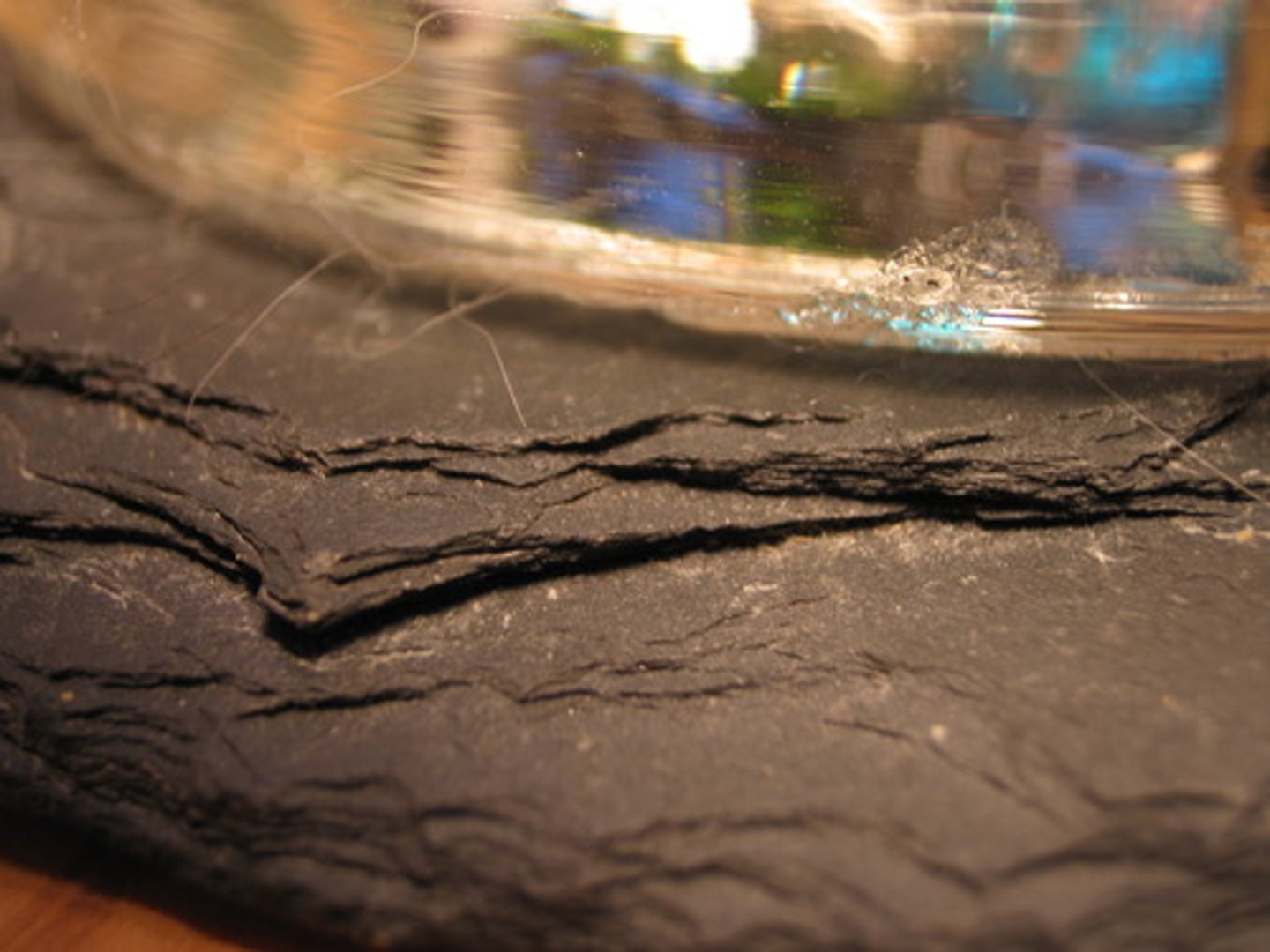
Anthracite coal
Metamorphic Rock
Color: black
Streak:
Layers: breaks in layers
Texture: fine grained, minerals not visible
Shiny: high luster (shiny, semi-metallic))
Hardness: harder than bituminous coal
Other: higher carbon content than bituminous coal
Define "Rock"
A natural combination of minerals.
What is "fracture"?
Fracture describes the shape or pattern of breakage that a rock or mineral shows when struck.
Desert Rose
Desert Rose is a crystalline form of either gypsum or selenite.
Both of these minerals are soft and can be scratched with your fingernail.
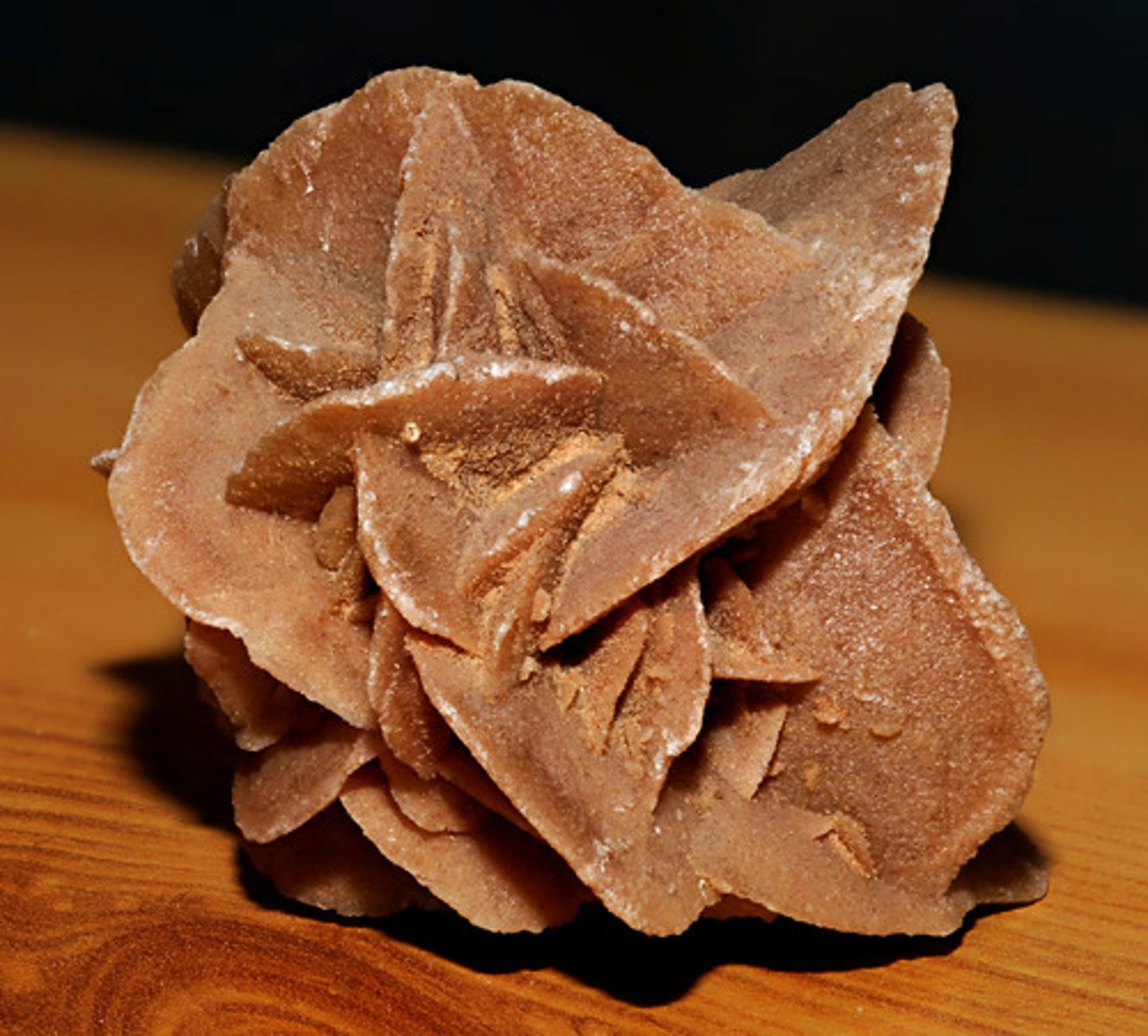
Cleavage describes:
directions that a rock or mineral can be easily split. It is a tendency to split along a definite plane yielding a flat surface. Rocks or minerals perfect cleavage may split into layers, cubes or other crystals.
Luster is:
The way a mineral reflects light. Is it shiny, metallic or dull?
A geode is:
A volcanic rock with a hollow middle where crystals grow.
Calcite
Mineral
Color: white/clear
Streak:
Layers:
Texture:
Shiny:
Hardness:
Other:
reacts to acid
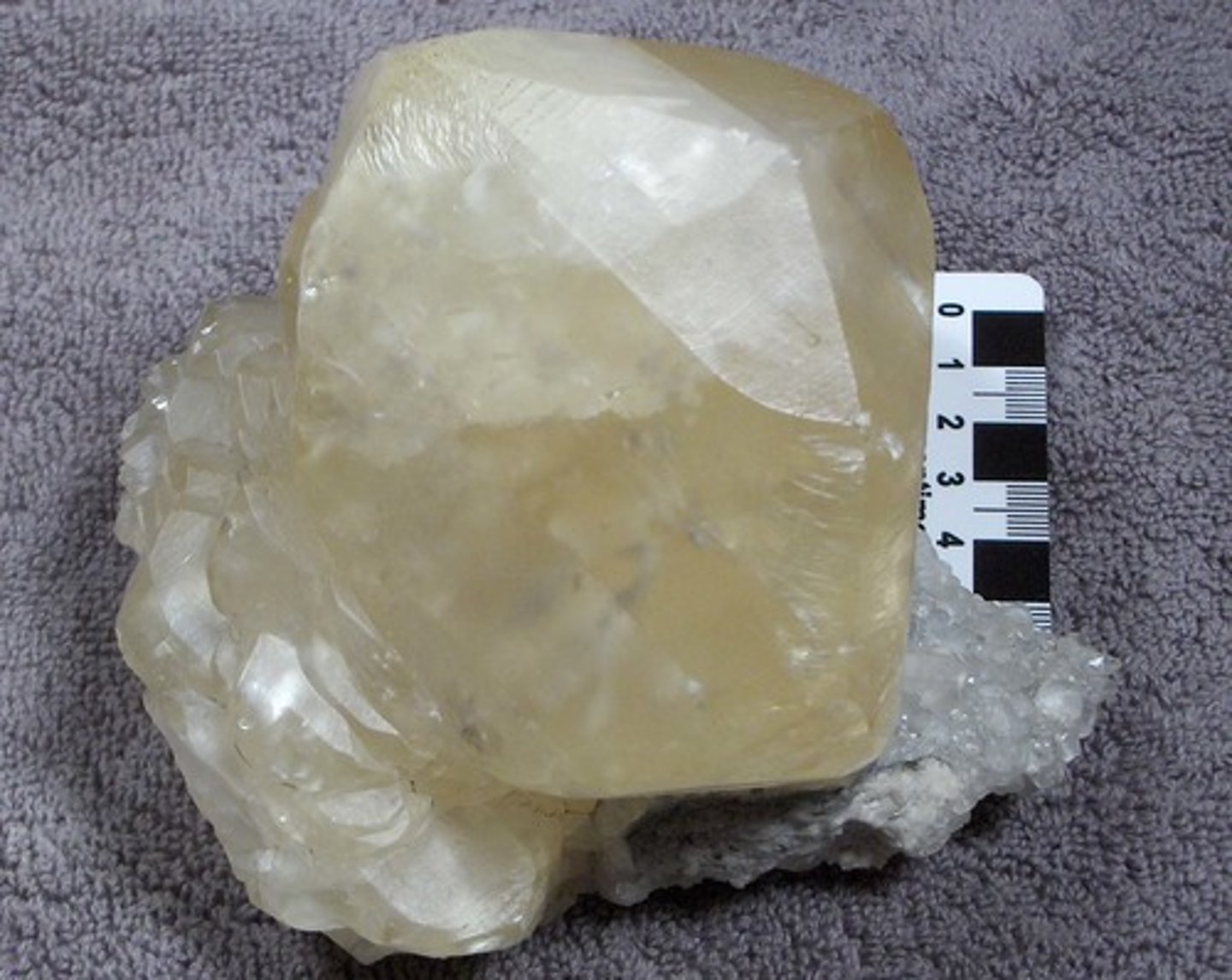
Define "mineral"
A mineral is an inorganic, naturally occurring crystalline solid. It is made up of basic elements and compounds, like gold or sodium.
Extrusive igneous rock
Formed by the cooling of lava, outside the surface of the earth. Cools quickly.
Intrusive igneous rock
Formed by the cooling of magma, inside the surface of the earth. Cools slowly.
Metamorphic rock
Rocks changed from sedimentary or igneous rock by intense heat and pressure from plate tectonics or other sources within the earth's crust.
Milky quartz
Mineral
Color: white
Streak: colorless or light colored
Layers: none
Texture: smooth
Shiny:
Hardness: Moh's scale 7, Harder than glass, but softer than diamond or topaz
Other: the milky color is caused by impurities like moisture when the crystals form.
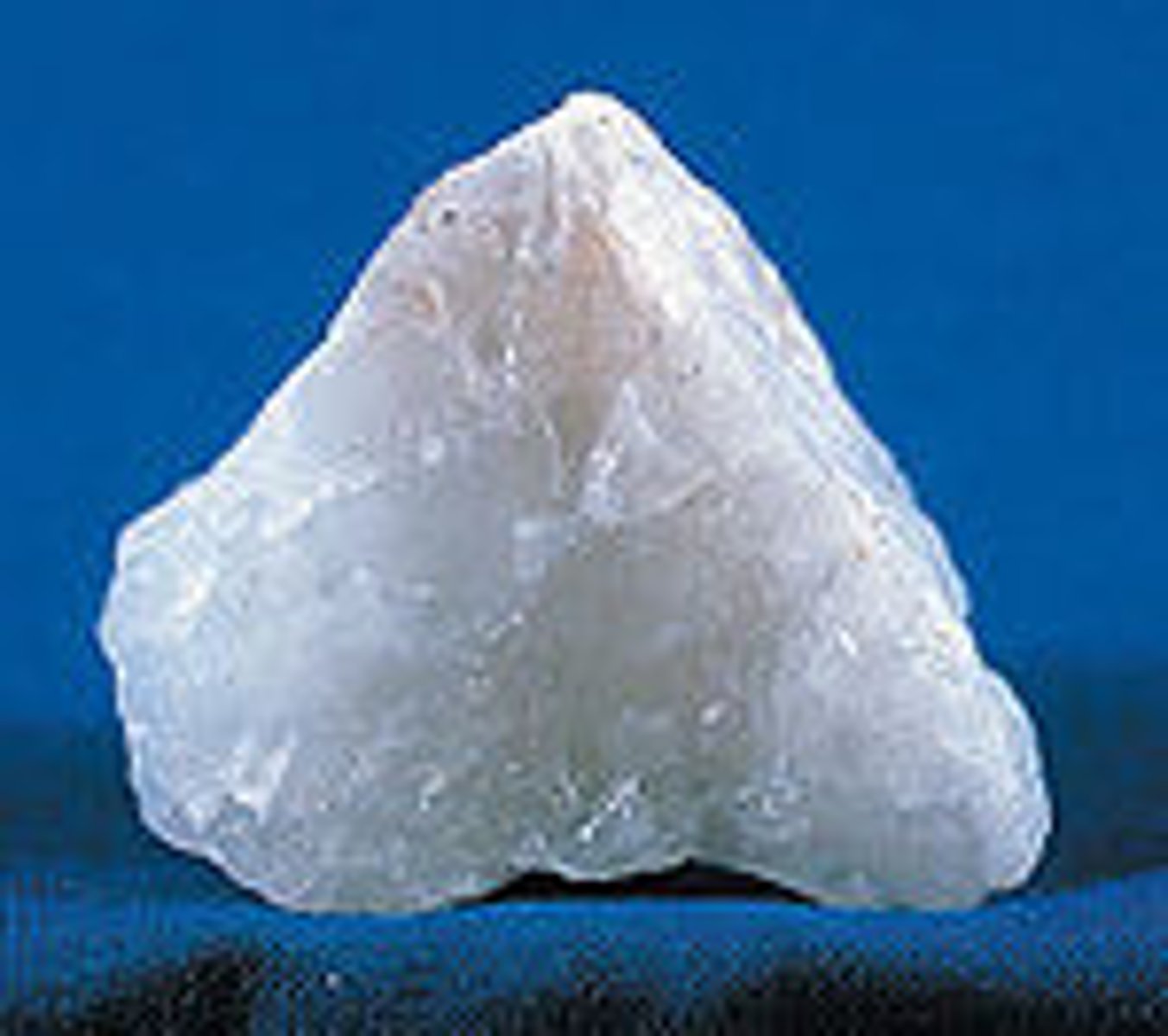
Rank in order from least to greatest specific gravity:
A. Kaolinite
B. Copper
C. Lepidolite
D. Pyrite
A - Kaolinite
C - Lepidolite
D - Pyrite
B - Copper
Bornite
Mineral
Color: iridescent, shades of blue and purple and brown
Streak: grayish black
Layers: Fracture is conchoidial (shell-like)
Texture: smooth
Shiny: Luster is metallic
Hardness: Moh's scale 3 to 3.25, softer than a penny or glass
Other: An important form of copper ore
Sediments
Small particles of any type of rock (metamorphic, igneous, or sedimentary) broken off by erosion or weathering. Can be used to form new sedimentary rock.
Calcite - dogtooth crystal
Mineral
Color: white/clear
Other:
A form of calcite that grows in the shape of dog's teeth, often in limestone caves near pools of water.
reacts to acid
rhomohedral crystals
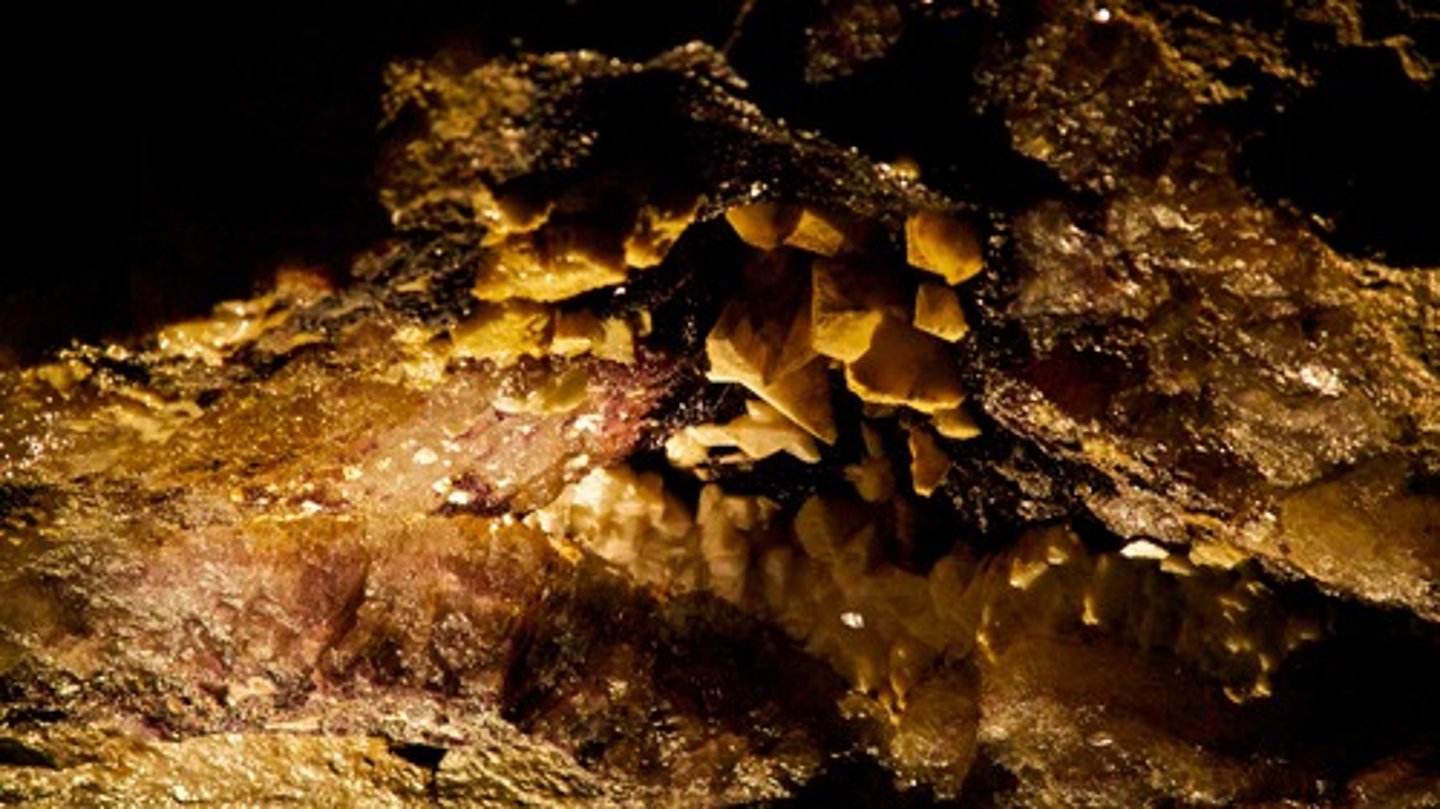
Define "specific gravity"
The density of a mineral. Minerals with a high specific gravity will feel heavier than one of a low specific gravity for the same size piece.
How many chemical elements make up almost all (98%) of the earth's crust?
8
List the following in order from softest to hardest:
A. Quartz chert
B. Bornite
C. Talc
D. Galena
C. Talc
D. Galena
B. Bornite
A. Quartz chert
How are sedimentary rocks formed?
Layers of sediment are cemented together over time.
What is the state stone of Texas?
Petrified Palmwood
Who created the hardness scale used to classify rocks and minerals?
Frederick Moh
Which kind or kinds of energy and force drive the rock cycle?
Solar, radioactive, and gravity
What is physical weathering?
The breakdown of rocks without chemical change. Usually this is caused by abrasion.
What is chemical weathering?
Chemical reaction can break the bonds that hold rocks together causing them to crumble. Water is often a key ingredient to this, as well as warm weather.
What is biological weathering?
This is caused when plants or their roots push or pull rocks apart.
What causes erosion?
Wind, water, ice, and gravity can cause the movement of materials like soil, sand, silt, or sediment.
When rock cools more slowly, how does it affect the size of crystals that form in the rock?
The more slowly it cools, the larger the crystals will be.
What kinds of rock might have fossils?
Most are found in sedimentary rock, but some are in metamorphic rock too.
How are magma and lava different?
Magma is molten rock INSIDE the earth's surface. Lava is what we call it once it is above the surface.
What happens to water when it freezes?
It expands. This can get into cracks in rock and force the rock apart.